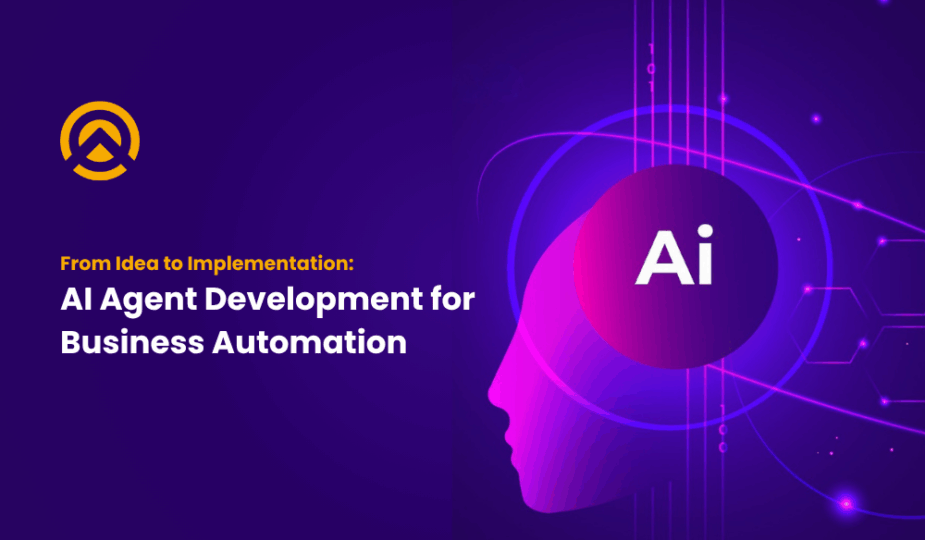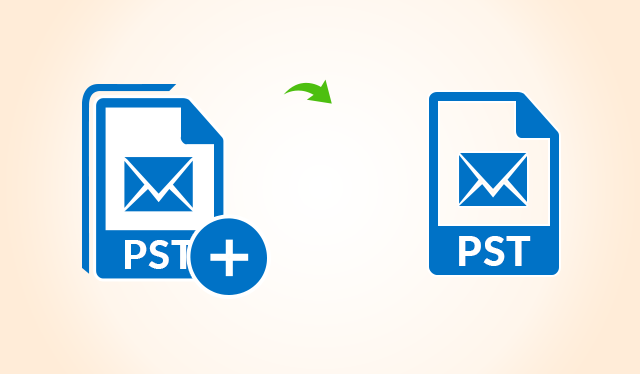The business of today has to deal with competition. They also put in much effort to enhance processes, minimize prices, and respond faster. The production of intelligent agents is a radical policy that is becoming popular. Such systems powered by AIs do not require much or any human intervention, and therefore, the output will be accurate and stable.
Although these ideas are quite interesting, turning them into reality is not a simple venture. They must use the strategic approach and a clear plan to be able to employ AI agents in business. The steps in that process are covered in this guide. After examining the areas in which AI agents are beneficial, it discusses how these agents are developed, applied, and dispersed throughout different business domains.
Why Intelligent AI Agents Matter in Modern Business
Basic automation can do so much when quick decisions, flexibility, and long-term results are needed in workflows. Intelligent AI agents for business step in to solve this. These systems go beyond just following rules. They watch, learn, and react as things happen, letting businesses complete tasks faster and rely less on people.
When these agents are incorporated in significant activities, companies will be able to streamline day-to-day operations, achieve accuracy in the procedures, and enable teams to work on more valuable tasks. This is what makes the idea of automation a real competitive advantage.
Read: Feeling Lost in the Aussie Property Game? Here’s What Can Help
Steps to Build and Scale AI Agents To Automate Business Tasks
To use AI agents, businesses need to follow an organized plan. Below are the necessary steps every company must take.
1. Finding the Best Opportunities To Automate
Begin by focusing on tasks that take a lot of time, happen often, and are prone to mistakes from people. Jobs like sorting support requests, filtering leads, or managing invoices often take up time and resources without offering real strategic benefits.
Focus on tasks where automating can make work faster, prevent mistakes, or keep things more consistent. This step helps AI agents focus on solving actual challenges instead of just exploring what’s possible.
2. Building a Clear Agent Plan
Having identified your key functions after the needs assessment, determine the results you would like the agent to accomplish. Perhaps you would require it to save you time, increase accuracy or bring about effects on customer interaction.
Show the way in which the agent will operate, what information it will require, where it must interface with other systems and so on. Connection of the technical setup to the business requirements makes the AI agent effective and demonstrates obvious value since its initial application.
3. Creating the Agent’s Intelligence Base
Start by strengthening the agent’s abilities. Apply machine learning to predict outcomes, use natural language processing to handle conversations, and implement workflows based on logic to act in real time.
Many teams work with AI Agent Development Services to accelerate the process. These professionals design agents that are secure, easy to explain, and ready to operate in specific industries.
4. Bringing AI Into Business Processes
Even the best agent will have to be connected to your systems to perform. To keep up with an active exchange of data and context-dependent functioning, businesses are to achieve seamless AI Integration with such tools as CRMs, ERPs, communication apps, and internal databases.
A well-designed AI agent collects live data, operates within your tools, and boosts response time while keeping your current systems untouched. It creates smarter workflows instead of just isolated automation.
5. Testing in Real Environments and Using Feedback
Test the agent in actual working conditions before launching it. Check how well it handles different cases, measure how accurate its decisions are, and find mistakes in unusual scenarios.
After launching, set up a way to collect feedback. Ongoing input from users and monitoring the agent’s performance allows you to adjust behavior, improve results, and ensure it is reliable over time while increasing users’ trust.
6. Scaling Deployment and Enabling Collaboration
After you confirm it works, roll out the agent step by step in multiple departments. Cloud infrastructure simplifies this process, and hybrid setups work well with mixed IT systems. When more agents become active, let them work together. They can hand off tasks, exchange data, or plan responses as a team. Moving from using a single agent to building a network of agents pushes automation to a level fit for large-scale businesses.
Key Benefits of Implementing Intelligent AI Agents
Using intelligent AI agents does more than just make things faster. It changes how work happens in an organization. These agents bring real benefits by managing repetitive jobs, improving choices, and making large-scale automation possible with little need for human involvement.
Here are some main advantages companies can gain:
- Better Workflow: Automate simple tasks to avoid delays and let people focus on important work instead.
- Easy Growth: Scale operations without hiring more staff since agents can manage heavier workloads without struggle.
- Improved Accuracy: AI cuts errors in tasks requiring data or strict rules, leading to better and more dependable results.
- Faster Decision: Businesses are able to base real-time data or projections to make faster and more effective decisions.
- Cost Savings: Businesses save on operations as the work that they perform results in a reduction of redundant operations and human work processes.
- Boosting Employees: AI frees teams to solve problems and develop ideas while handling everyday tasks in the background.
Using AI agents in key workflows gives businesses a setup that stays relevant and boosts efficiency with room to grow over time.
Challenges to Watch When Developing AI Agents
AI agents can improve how companies operate, but certain problems need attention during their development.
- Data issues: Weak, fragmented, or incomplete data harms how well AI agents work and limits their ability to make proper decisions.
- Risks with too much automation: Some tasks do not fit Artificial Intelligence Automation. Assigning sensitive or intricate jobs to AI could lead to bad results.
- Resistance to change: Unless the team is involved and the onboarding is managed properly, the employee may be unwilling to use or trust AI systems.
- Security threats: It requires protection against abuse, hacking, or unintentional acts of autonomous agents.
To address these problems, businesses need to plan, test, and set rules to make AI agent implementation smoother and safer.
The Future of AI Agent Development
AI agents do more than just save time. They reshape how teams function. As companies start using more advanced systems, people will spend less time managing tasks and more time doing meaningful, important work.
In the coming years, these AI agents won’t only assist teams. They will play a role within departments dealing with routine tasks in the background while humans lead the strategy and big ideas.
Businesses that begin developing and improving AI agents won’t gain speed. They’ll think smarter, adjust faster, and create workflows ready to tackle future challenges.
Conclusion
Creating and using AI agents changes the way businesses work. It is not just about improving tech but making a major shift in strategy. Every step, like spotting where automation fits, planning, testing, and expanding, builds clever and efficient systems. When done right, this process boosts workplace accuracy, decisions, and productivity. Partnering with skilled AI Agent Development Services can make the entire process easy and effective from start to finish.
These professionals develop flexible and dependable agents that suit the actual needs of a business. The result is a future-ready setup where smart agents handle tasks nonstop, cut down manual efforts, and let teams spend more time on innovation and finding breakthroughs.
Author’s Bio:
James Thomas is an AI/ML developer at Ample work, where he builds custom AI solutions, generative AI applications, and autonomous AI agents. With over 4 years of experience, he helps startups and enterprises integrate scalable, intelligent systems that automate workflows, enhance decision-making, and accelerate digital transformation across various industries.










